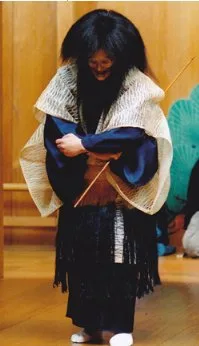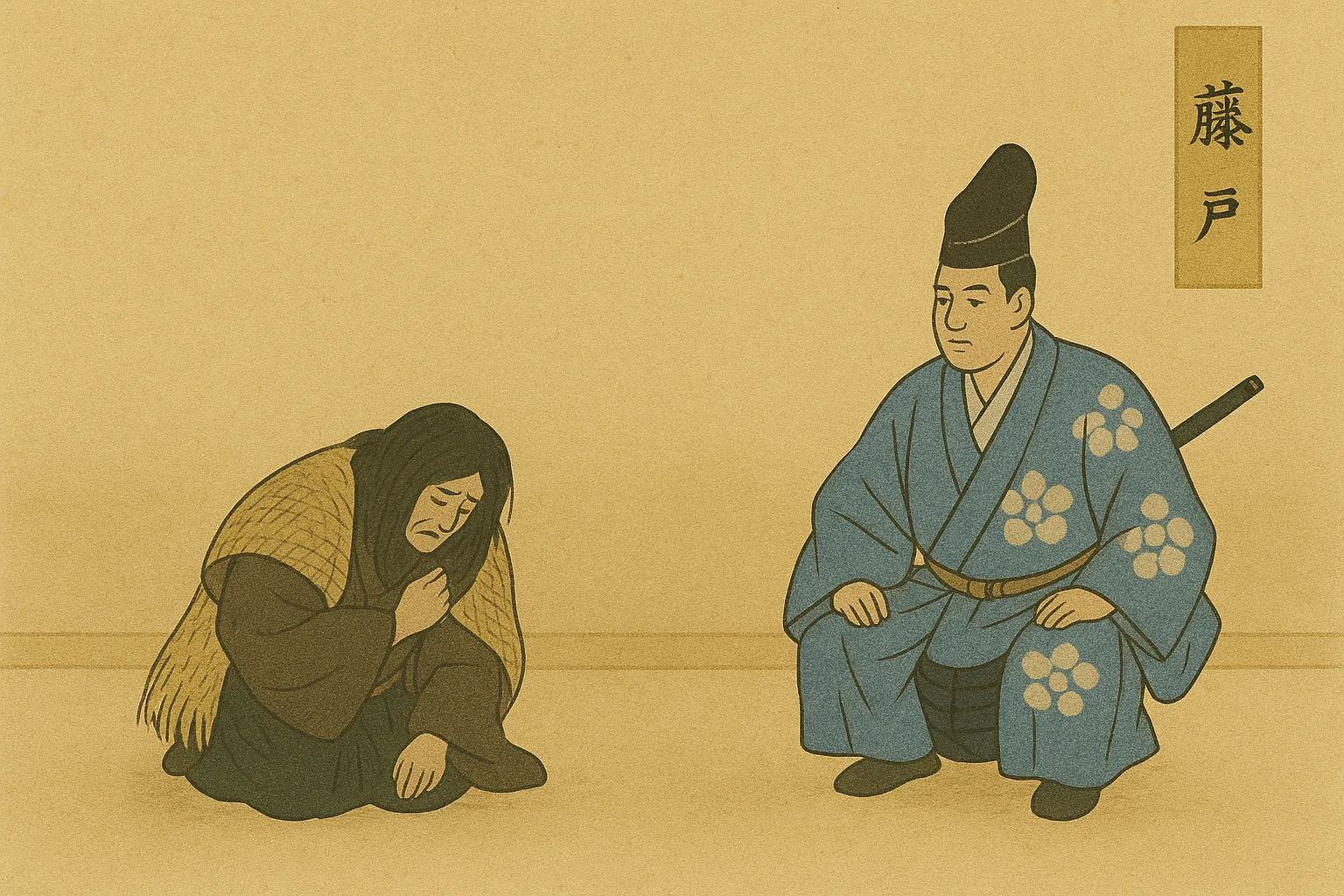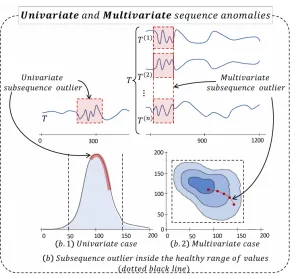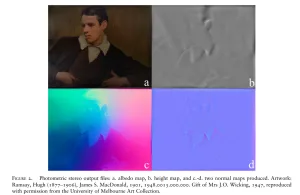[CEOメッセージ] Reflections on the Noh Play Fujito – Second Half
In the second half, the ghost of a fisherman appears—quietly, yet filled with profound sorrow. His presence embodies the grief of nameless lives lost in the shadows of war, carrying regret for leaving his mother behind and the sadness of a death without resolution. In his words and dance, there was not only bitterness, but also a deeper lament and question: “Why did I have to die?”

As these unresolved feelings were gradually soothed by the chanting of prayers, the spirit finally found peace and was released—a process that revealed the uniquely mysterious beauty of Noh.
Looking back at the first half, when Moritsuna is struck by the sight of the fisherman’s elderly mother and confesses to having killed the fisherman, the memorial service in the latter half felt like more than a religious ritual. It seemed to be Moritsuna’s way of confronting his own conscience and regrets, an act of calming not only the ghost’s soul but also his own. Perhaps it was also a moment for him to once again recognize the weight of life—a weight so often forgotten amid the cruel realities of war.

After the performance, I shared impressions with a friend who was experiencing Noh for the first time. Our exchange—“That gesture must have expressed this emotion,” “Maybe that scene could be interpreted this way”—became a time of mutual discovery. It may sound simple, but once again I was reminded: the world of Noh is truly profound. And I could sense that she too was being drawn into its quiet power.


